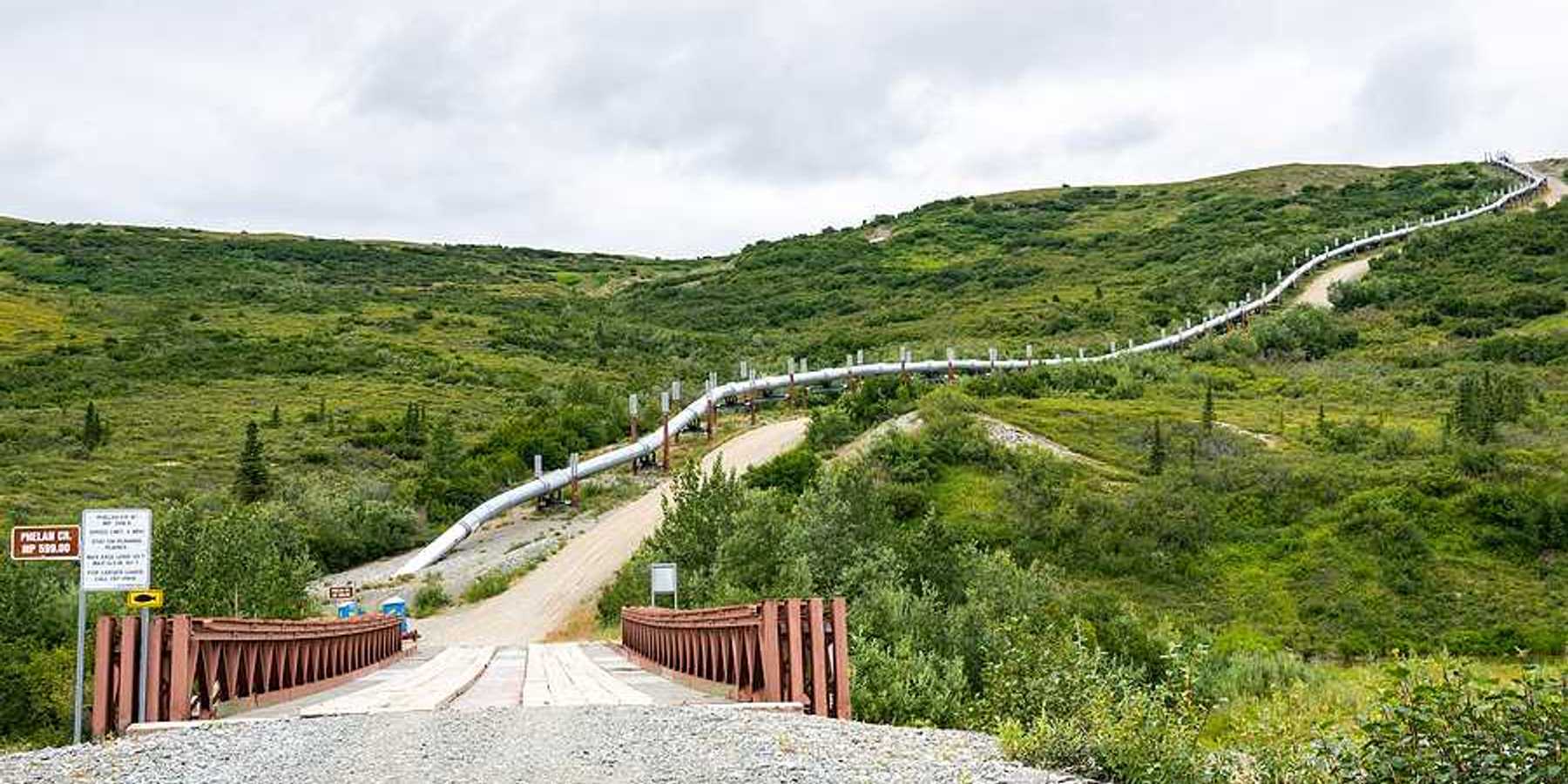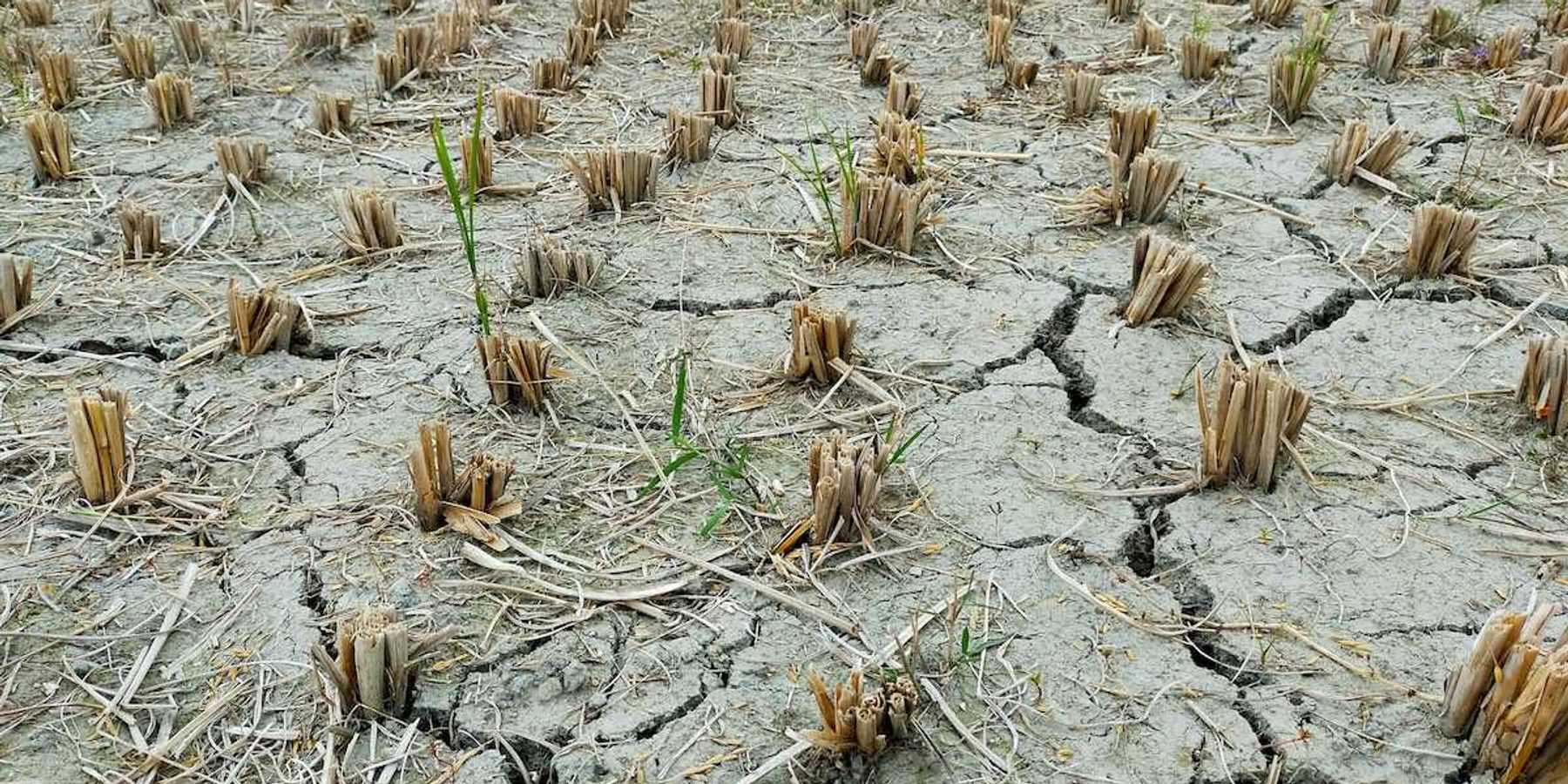08 August 2024
Nearby rural land may significantly reduce urban temperatures
A recent study finds that rural areas around cities can lower urban temperatures by nearly 33 degrees Fahrenheit, suggesting a new approach to combating urban heat.
Erin Blakemore reports for The Washington Post.
In short:
- Researchers studied data from 30 Chinese cities and found that rural land within a six- to nine-mile radius can reduce urban heat island intensity by about 30%.
- Urban heat islands occur when cities are warmer than their surroundings due to air warming, creating low-pressure zones that pull cooler air from nearby rural areas.
- The study suggests cooling strategies, such as planting woodlands and consolidating water bodies in rural areas, to boost urban cooling.
Why this matters:
Urban heat islands contribute to higher energy costs and health risks. By optimizing rural land use, cities can become cooler and more sustainable, benefiting both urban and rural communities.
Related EHN coverage:













